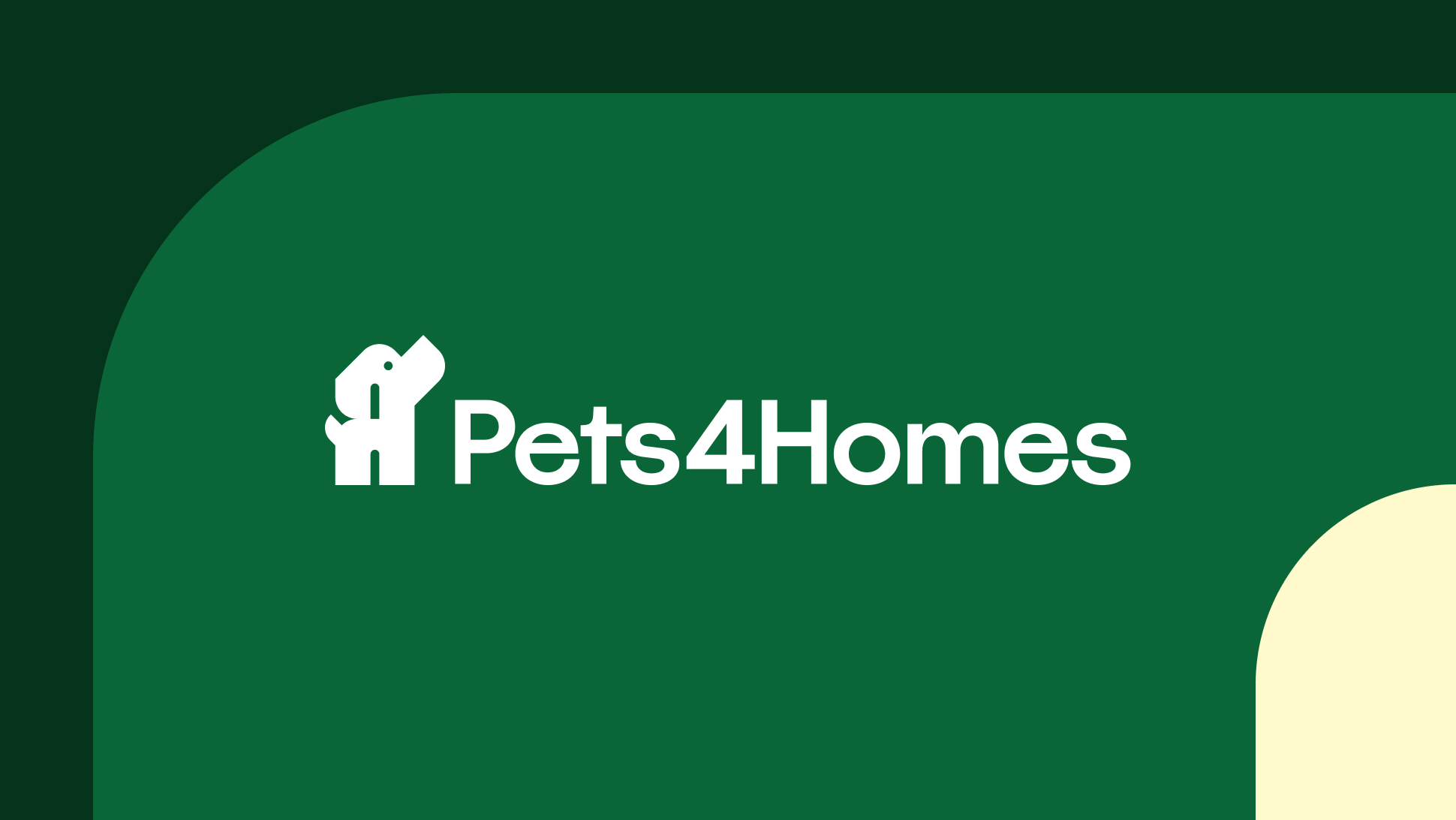
Five important things dog owners need to know about the new Countryside Code 2021
The Countryside Code is a document containing guidance and advice that people are expected to follow when in the countryside, in order to keep themselves, other people, and animals safe and to reduce damage, littering, and potential problems. Following this will ensure that we can keep the countryside available for all of us to enjoy in perpetuity.
At one point known as the Country Code, the Countryside Code document has undergone a number of updates and revisions since its original publication in the 1930s, including last year (2020) to add guidance and advice in line with social distancing and other issues relating to the coronavirus pandemic in the UK.
Aside from that though, the Countryside Code has not been revised or updated for a few years; and a newly revised Countryside Code has just been published. Countryside Code guidance for dog owners has changed and been expanded upon in some areas within the new edition too, and this article will explain the five most important things that dog owners need to know about the Countryside Code 2021 and walking dogs in the countryside.
Read on to learn more.
You need to clean up after your dog
Caveats on cleaning up after your dog have played a part in the Countryside Code ever since it became law in the UK to do so, and this is given a strong mention in the latest update of the code too.
Dog waste should be bagged and disposed of properly in an appropriate bin when you’re in the country; even if this means the need to carry the bagged poo around with you and take it home.
A disappointing number of dog owners think it is ok or even legal to not clean up after their dogs if the dog poops in a field or off a path. Others think the waste can be flicked into a hedge or even a water source like a stream or canal. This is absolutely not the case!
Dog poo should never be left out in the open just because you’re not worried that someone else might stand in it. Dog poo can poison the land and spread worms and parasites, to both livestock, other dogs, and other people. It poisons water sources too, which are often complex ecosystems of their own and that in some cases, provide drinking water for animals.
You should also worm your dog regularly to make sure that the risk of them passing parasites onto the soil is minimised as well.
Prevent your dog from scaring animals – including wild animals
Dog attacks on sheep and other livestock happen in the UK every year, and there is absolutely no excuse for this. Farmers and livestock owners are fully within their rights to shoot a dog that harms or worries livestock; this means if your dog chases or scares livestock because they’re loose or you aren’t controlling them properly. A farmer can also report your dog and your inability or unwillingness to control it and potentially have it destroyed due to having been dangerously out of control if it worries livestock, even if the farmer does not have the capacity or willingness to shoot your dog at the time of the event.
Your dog can cause serious damage to livestock even if they don’t attack them; chasing sheep can cause miscarriage in pregnant animals and of course, injuries in flight.
You should also take care to prevent your dog bothering or worrying wildlife too. It is not ok to let your dog chase wildlife and in particular, you should keep them away from birds than nest on the ground.
Know what to do if you or your dog get chased by livestock
If livestock chase you and/or your dog (this is most likely to happen with cows, but also rams, geese, and any species of animal protecting its young may chase dogs they see as a threat) you should let your dog loose. This is the only situation in which it is usually appropriate to have your dog loose around livestock!
Keeping hold of the lead will slow both you and your dog down; and place you at physical risk of harm if the target is your dog.
Don’t make assumptions about your dog’s recall; it could cost their life
Far too many dog owners just assume their dog would not chase wildlife or livestock; but don’t know for sure. Also, many dog owners greatly overestimate how good their dog’s recall is, especially if they’re chasing something.
Keep your dog on the lead around livestock unless their recall is 100% reliable under all circumstances; which is something probably less than one in a thousand dog owners can honestly claim.
Your dog has to be on a lead at certain times and places
Even if your dog’s recall is 100% (or your dog is so old and slow they never go beyond a shambling walking pace!) the new Open Country and Common Land Rights dictate that dogs must be kept on a lead in some areas between 1st March-31st July each year on certain types of land, and all year round in designated areas around farm animals.
In some such types of open and common land, dogs might be banned entirely between specific dates.
There will be official signs up in the relevant places to indicate this, so always look for signs and check them to be totally sure.



